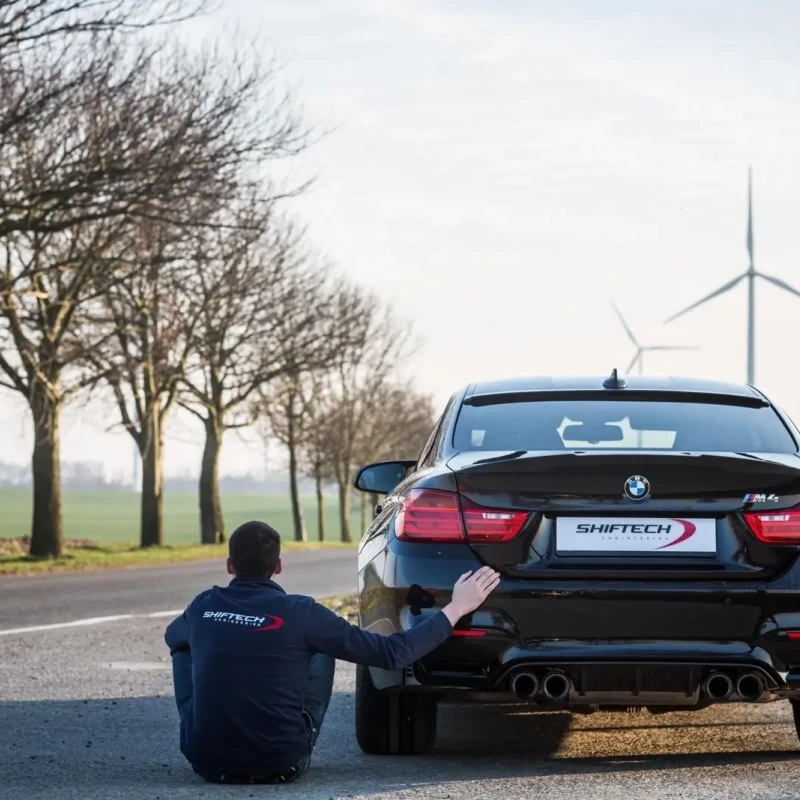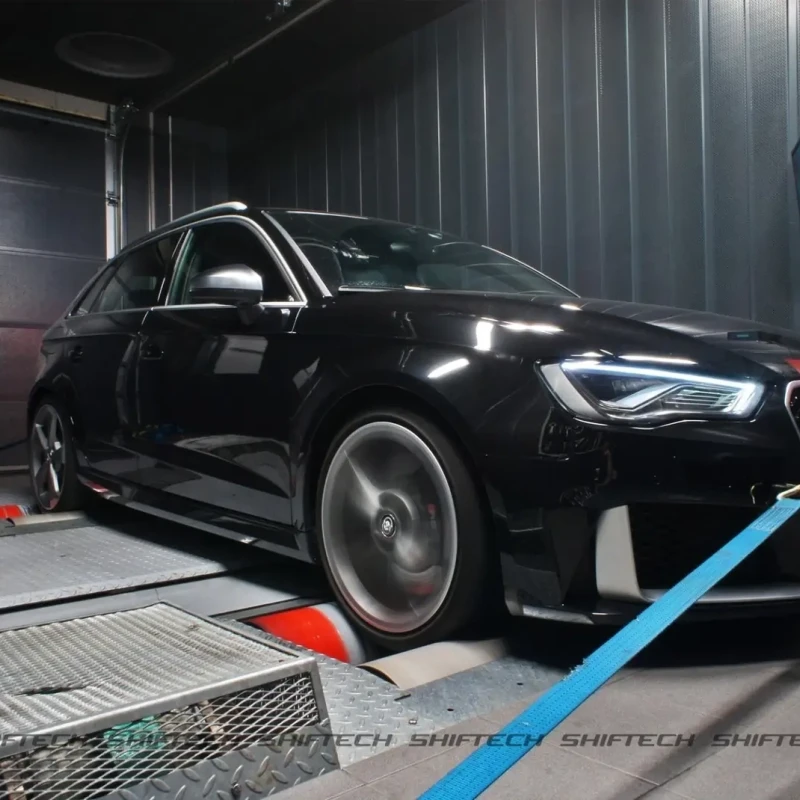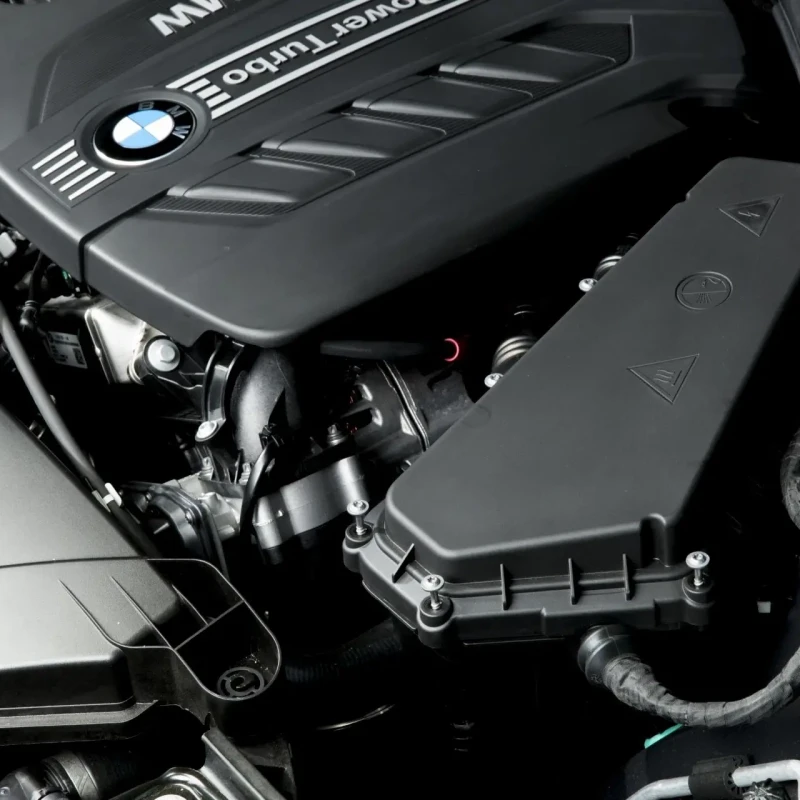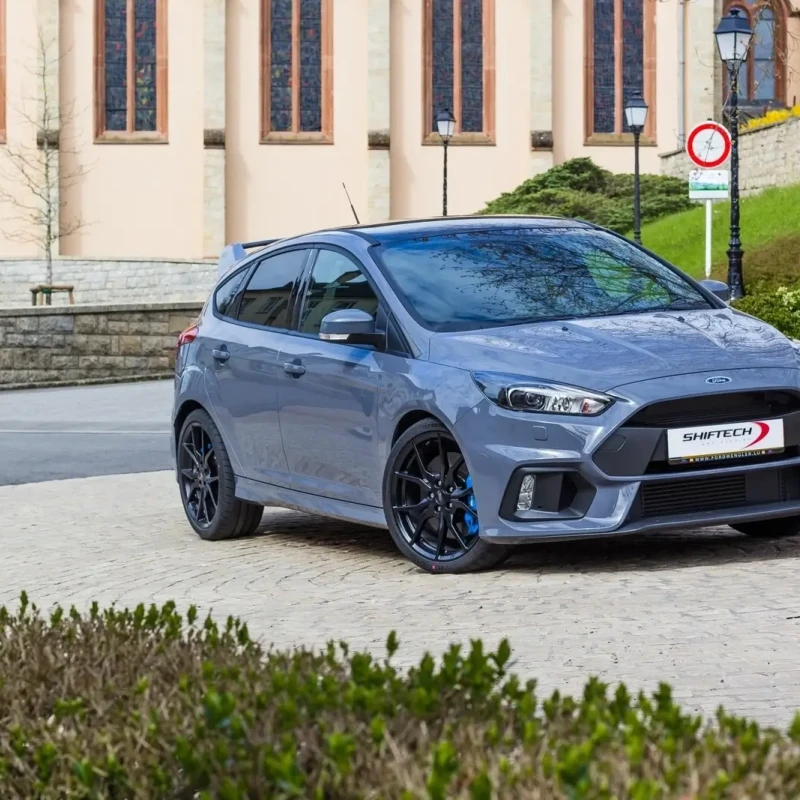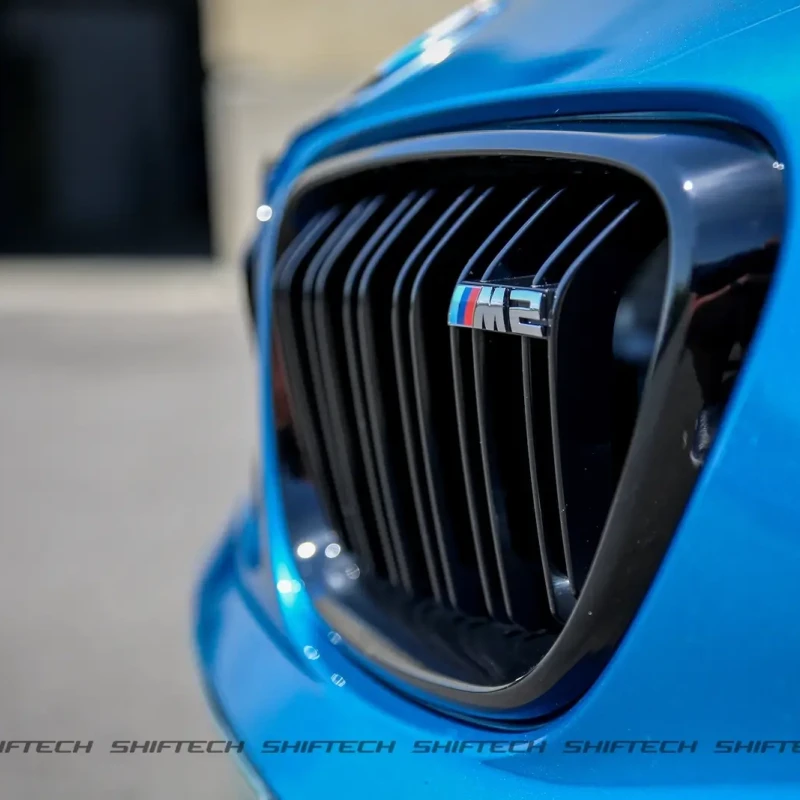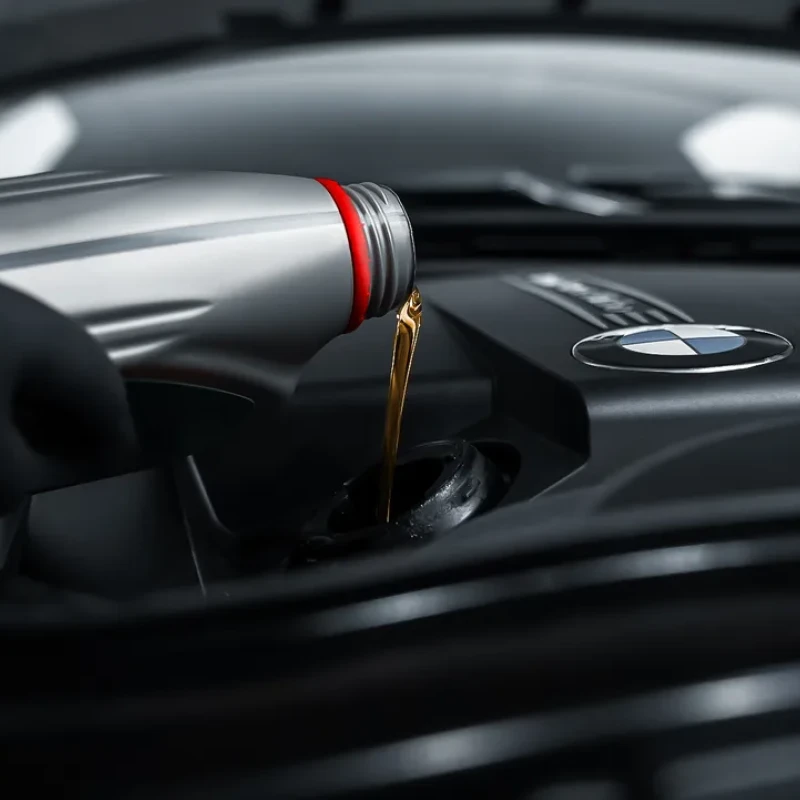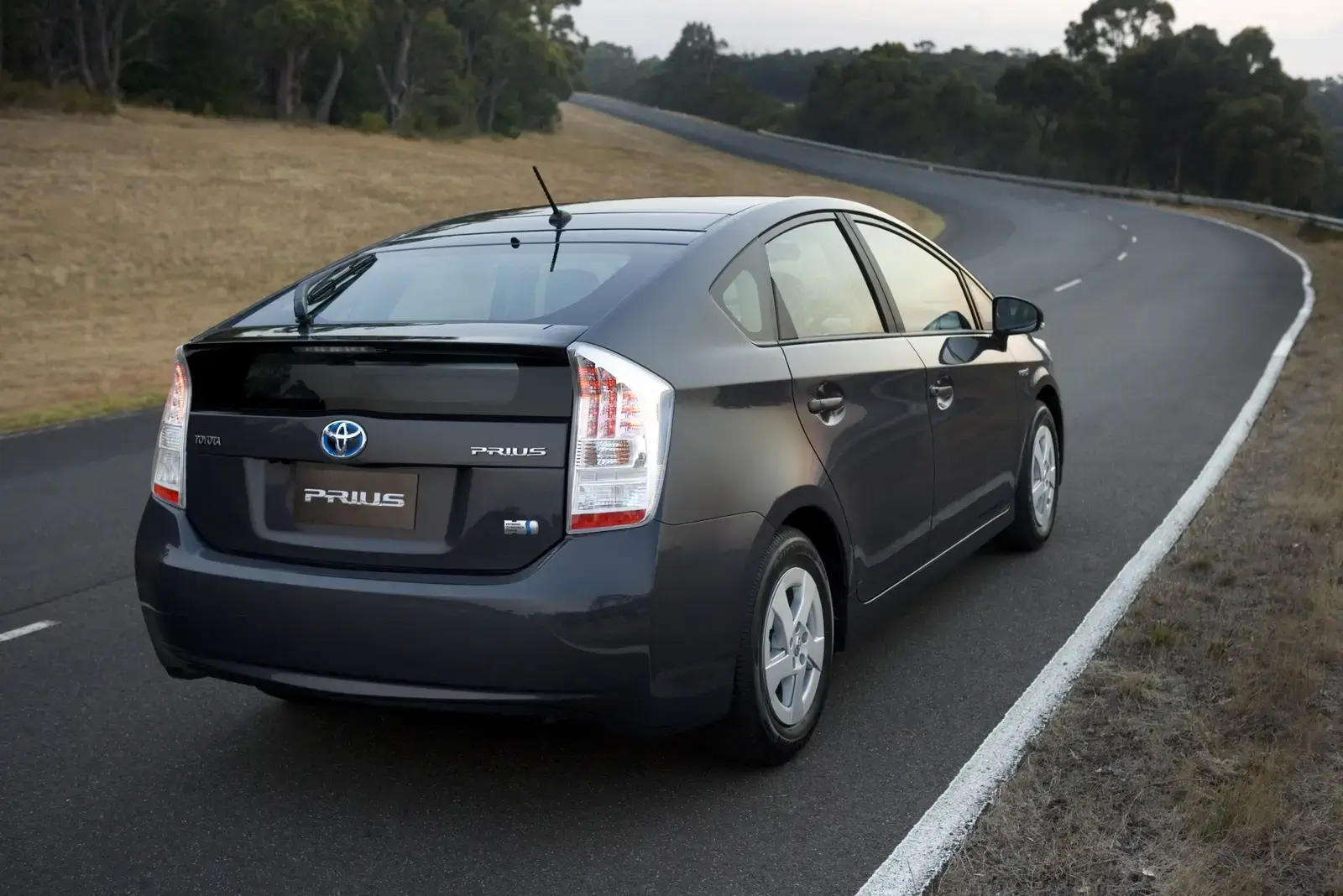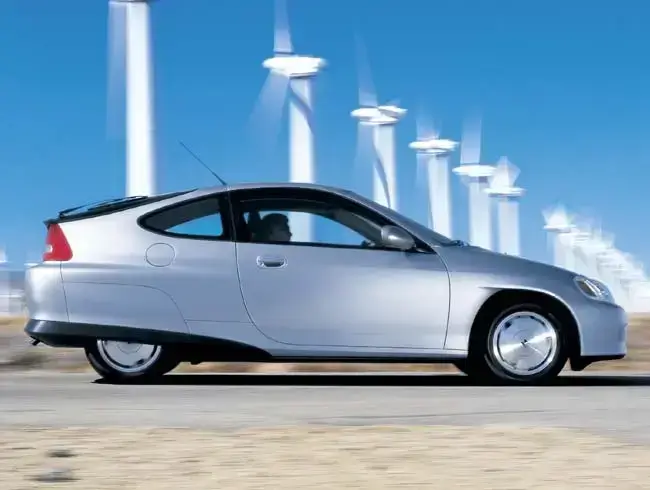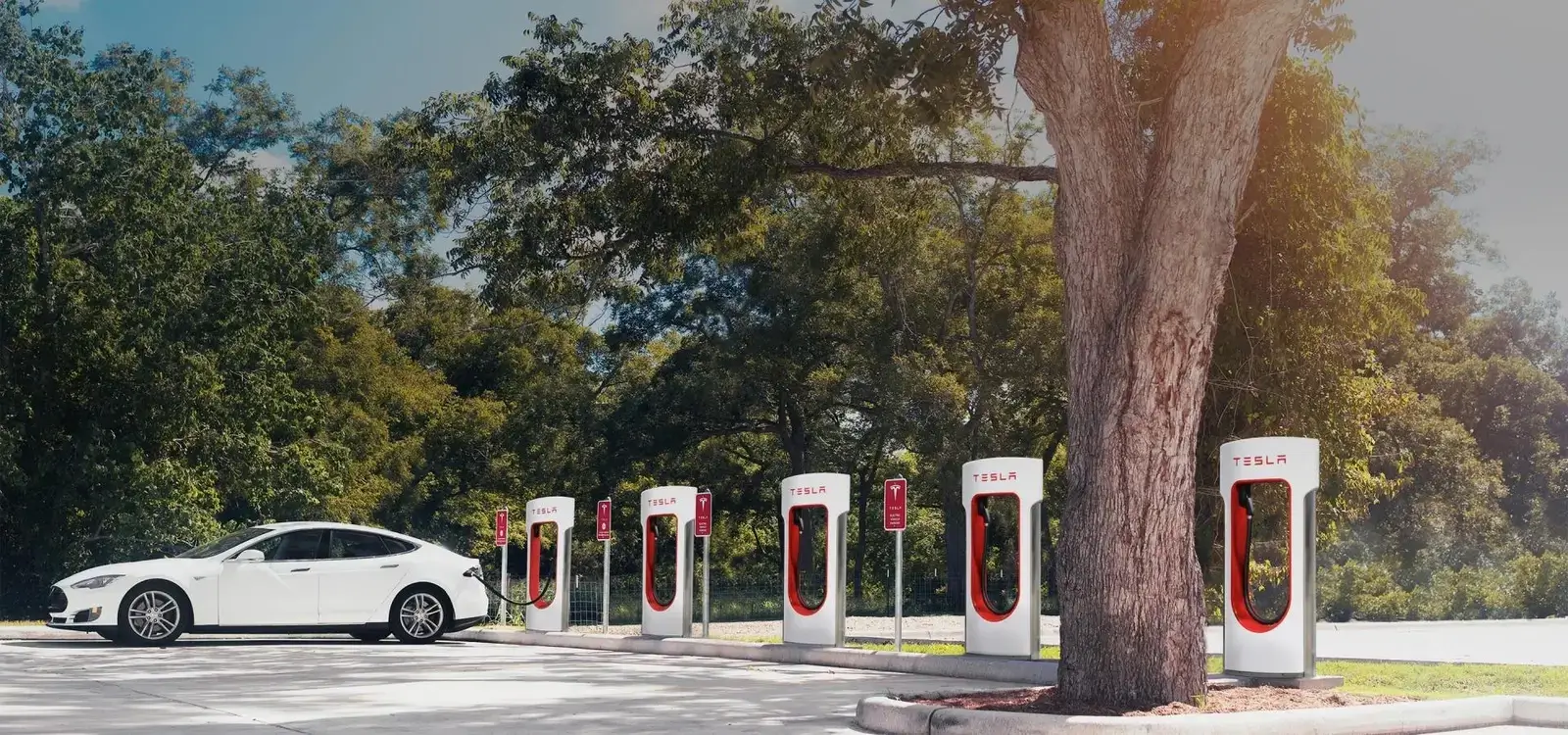
Electric cars
For today or tomorrow?
Personal opinion from an engine builder at ShifTech:
Although I'm a tuner, I've always wondered whether one day the electric vehicle would appeal to me. In fact, we started talking about electric vehicles at home very early on, but it was often mocked. In fact, when I was a kid, my godfather, who was a car fan, used to tease me by saying: ... it's a shame, when you get your driving licence, there'll only be electric vehicles left, you'll never have the pleasure of driving a petrol car.
Haunted by the idea of having to drive electric, I've always been a fervent supporter of the internal combustion engine. When the countdown started, I wanted to enjoy as many rallies as possible, where I could only hear the Porsches or BMWs with their typical 6-cylinder engines. I also have the impression that at the time, people didn't worry about anything, the cars made a crazy noise, the drivers were each crazier than the next and so were the people, oblivious to staying so close to the road.in short, having been immersed in cars from an early age, I could never for a moment have imagined that one day we would actually be able to drive hybrid or electric vehicles. When I saw the first hybrid models, I was actually rather reassured. Remember the Toyota Prius or the Honda Insight Hybrid, we still had a bright future ahead of us.
Then came the Tesla, not the first of the name because an electric car for the racetrack could never convince me, no, I'm talking about the second, you see, the one that finally looks like a conventional car. It was with this car that I said to myself, finally, why not. Then came a series of questions about all this.
Would driving an electric vehicle make me a better, more responsible person, or would it change nothing at all?
Answering this question was far from simple because, as a fairly Cartesian person, I needed more than a 'driving electric is good' answer. That's why, to help me decide whether or not to take the plunge, I knew that I needed to take into account a series of parameters to find out the overall carbon footprint of electric cars compared with internal combustion engines. In the end, it was an article that appeared recently about a Tesla Model S being taxed in Singapore for its CO2 emissions that prompted me to give electric cars more thought.
In order to have an objective opinion, I relied on a number of publications to compare electrics and combustion engines as a whole. A recent Febiac publication shows that CO2 per vehicle in Belgium in 2015 was 120g/km (118.9 to be precise). A Tesla Model S has an energy consumption of 181 Wh/km (figures from Tesla). So the trick is to be able to calculate how much CO2 is emitted by electricity generation in order to estimate how much a Tesla Model S really 'pollutes'. According to electrabel figures, in 2014 we were at 181g of CO2 per kWh on average for electricity production in Belgium. This includes nuclear power stations, high-speed train stations, wind power, etc. For information, our French neighbours have better figures with 79g of CO2 per kWh, but our Chinese friends are certainly among the worst, emitting no less than 766g of CO2 per kWh. France's good results are due to the fact that it uses 80% nuclear power. Nuclear power is currently the most efficient form of electricity (30%), while emitting the least CO2. The worst performer is still coal, which is used on a massive scale by countries such as China and Japan.
Your Tesla will therefore have a different carbon footprint depending on the country in which it is used. Taking Belgium as an example, a Tesla will emit 32g of CO2 per km. In comparison, a modern vehicle like the BMW F30 320d efficient dynamics emits 99g according to the NEDC cycles. You're going to tell me that the NEDC figures aren't worth much when you know what the car actually consumes, but you should know that Tesla isn't the last company to cheat on its electricity consumption figures. Some sources are talking about a 33% increase on the figures announced by the manufacturer, which is not far from what we see on current NEDC cycles.
So the difference between Tesla and BMW is significant, but should we stop there?
Not at all. If we want to be completely fair, we also need to count how much energy it takes to extract the fuel (petrol/diesel) and deliver it to the petrol pumps, in the same way as electricity would to a supercharger. Based on ADEME sources, we need to factor in an extra 15% of CO2/km to take account of this transport, which brings our F30 320d of comparison down to 114g of CO2/km. But let's not forget either, with Tesla, that there are also losses of electrical energy between the charging point and the Tesla, estimated by an American body at 6%. To this must be added an additional 15% of CO2 linked to the production of lithium batteries. That brings our Tesla down to 39g/km. But that's not all. The Tesla's weak point is its energy losses at rest. In fact, the vehicle is never really switched off, but on standby. This allows Tesla to carry out online updates while the vehicle is stationary or to detect anomalies. These losses are estimated at 5.1 kWh per day, which is no mean feat. So 5.1 kWh equals around 200 g of CO2 per day, and given that a Belgian drives around 40 km a day (statbel sources), that adds 23 g/km of CO2 to this Tesla. That brings us to 62g/km.
Although already accurate, this analysis could be even more so if we take into account the energy cost of producing the vehicle. This includes the metal that has to be extracted, the electricity for the machines and, in the case of the Tesla, the extraction of lithium for the batteries.
If we take the figures from an article in the Guardian, the CO2 output of a vehicle equivalent to our 3 Series 320d would be 17 tonnes of CO2. This result needs to be amortised by the number of kilometres that the vehicle is driven. This last figure is very difficult to find officially, but it is estimated that the lifespan of an ordinary vehicle is around 200,000 km. In other words, an extra 85g of CO2 per kilometre - an edifying result! For the Tesla, we're talking about a figure quite close to 16 tonnes of CO2, or 80g of CO2 per km. Although we could go even further in our reasoning, by calculating, for example, the carbon footprint from battery recycling (information that I was unfortunately unable to obtain in advance), I've decided to give it a try.cisely), I decided that this initial approach was already precise enough to give us an initial idea of the real carbon footprint between these two vehicles.
Adding up the various data, we arrive at a figure of 191g/km of CO2 for the BMW, compared with ... 142g/km of CO2 for our Tesla Model S. We could, of course, talk about the cost of maintenance, which is lower for a Tesla, but this is outweighed by the memory effect, albeit slight, of the lithium batteries, which are losing efficiency and will eventually have to be replaced (even though they come with an 8-year warranty).
Conclusion
These figures could convince you to buy an electric vehicle because, whatever people say, electric vehicles really are the future. Unfortunately, today's electric vehicles are dependent on the type of energy used to produce the electricity. tesla, the result would be completely reversed if we had taken a country like the USA or China to carry out the same development.
The main thing to remember is that it's easier to change high-speed or coal-fired power stations into renewable electricity plants than it is to change attitudes and the entire car fleet. So even if tomorrow everyone were to switch to a Tesla and the impact on CO2 would be virtually unchanged, the fact remains that it could be drastically reduced if energy suppliers went green beforehand. In fact, that's what should happen if we are to meet the maximum 2°C set by COP21.
Let's hope, however, that by then the Belgian authorities haven't found a way, like Singapore, to tax electricity according to its real carbon footprint. If they do, it would be a major step backwards, because it would mean that anyone who chooses to drive an electric car, and therefore does not emit any pollutants, would have to pay tax for electricity that is not green. In that case, what about the person who recharges his battery using his own solar panels? In short, even if it's too early to talk about taxes, you should know that the sale of electric vehicles will take off once the state has found a way of making them as profitable as petrol or diesel is (or has been).
Photos
Learn more
View articles
Similar
